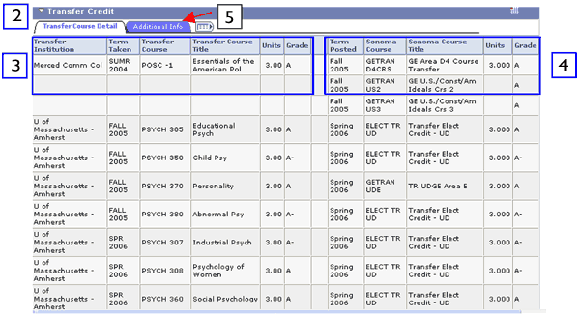
Howard Community College
Due to the staggering rate at which college tuition prices have increased over the last 30 to 40 years, going to a traditional four-year university isn’t in the cards for everyone. There’s a significant amount of social pressure to attend college, but if a high school senior doesn’t know exactly what they want to study–and by extension do for the rest of their life– it can be hard to justify taking out a six-figure loan. And even when you do know what you want to do, it often may not feel worth it. The era of finding oneself while away at college is over; most people don’t have that luxury anymore.
With more and more students opting to go to trade school or eschewing post-high school education altogether, liberal arts–that is courses that don’t necessarily translate directly into specific career paths–are beginning to lose their prestige. Once the foundation of higher education, the humanities are catching a lot of flak because their practical application isn’t abundantly clear. It’s certainly understandable. Spending hours grappling with Foucault and Kierkegaard isn’t going to make someone rich, or help them pay off their student loan debt. That said, for many, Community college has provided the most feasible means of getting a well-rounded education without taking out exorbitant loans. Community college allows would-be university students to knock out their general education courses at a fraction of the price. With this in mind, here is a quick rundown of the benefits of starting out at a Community college.
 Saving Money
Saving Money
This one’s a no brainer. The average yearly tuition at a two-year Community college is a little over $3,000 per year, about one third of the cost of an in-state public school. Prices increase for out-of-state tuition; if you were to leave the state for public school, tuition fees average at about $24,000 per year. Private school is even more expensive, with an average cost of around $35,000 per year. Even if you eventually want to go to a private school, lowering your loans by around $70,000 by taking your first few years of class at Community college is definitely a smart move.
Saving money is perhaps the best argument for attending community college
 Transfer Credits
Transfer Credits
Most Community colleges have specific programs set up with state and private universities in their immediate vicinity. These programs are designed to help funnel students into the schools they want to go to and sometimes even give scholarships to students with outstanding grades. Still, it’s always important for students to check exactly which class credits transfer, as most universities have limits on the amount of credits they’ll accept.
If the credits transfer, why not take them for cheaper?
 Figuring out what you want to do
Figuring out what you want to do
Community college might not be free, but at $3,000 per year, it’s more feasible for students who live at home to be able to work and save money to pay for their tuition. This affords Community college students a level of freedom that many university students just don’t have. Those at Community college have the opportunity to explore their interests and find out exactly what career path they want to follow. Want to take an experimental dance class? Go ahead. Want to take photography? Knock yourself out.
Deciding what to do can be tough
 It’s Easier to Go Part-Time
It’s Easier to Go Part-Time
For people who never got a college degree, Community college is the perfect way to get back into academics. It may be more realistic for some to attend classes part-time or take night courses so that they can still work while taking classes. And if someone wanted to take one class per semester, it’d be easier to facilitate at a junior college. Most major universities have either a credit minimum, or charge an additional price-per-credit that makes part-time study uneconomical.
Working and going to school at the same time can be a balancing act. Community college makes it easier.
 Smaller Class Sizes
Smaller Class Sizes
While almost every American university boasts “small class sizes,” Community colleges tend to actually deliver on this promise. The class sizes might not be as small as some private universities, but classrooms tend to average around twenty students. This gives students an opportunity to form relationships with their professors and get more access to one-on-one instruction.
Get to know your teachers better.
There are certainly advantages associated with going to an accredited four-year university. These schools often have more resources and by extension better facilities than most Community colleges. That said, Community colleges are beginning to improve as more students are finding they can’t afford the traditional route. There’s no one correct path. Both Community college and four-year universities have different things to offer. The reality is, success in college is predicated on a student’s willingness to learn, not the classroom they’re sitting in.











